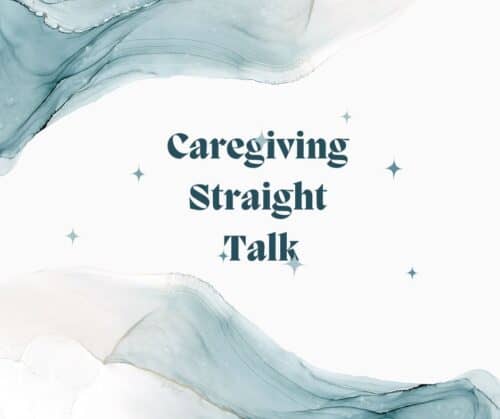
After mom passed away, dad grew weaker and didn’t get around well. He was determined to maintain his independence, so he refused to move in with us. Therefore, my sister, Tina, and I had to do tag-team caregiving. Tina worked a full-time job, and I was deep in caregiving for my husband, who had multiple health issues. Not to mention, I lived on the opposite side of town.
We called him daily and made sure he had everything he needed, like easily prepared foods, his favorite beverages, a wheelchair, a rollator with a seat on it, a cane, a quad cane, a first alert necklace, a cell phone, an oxygen concentrator, portable oxygen, etc.
Caregiving a strong-willed grown man, who is your dad, is . . . difficult! He had always been a hard worker. He provided for our family and loved us immeasurably, but he still had his opinions and quirky behaviors. Many times we stopped by and caught him moving about, holding the walls rather than using the walker. The life-alert necklace found a new home on the bathroom mirror, and he occasionally tossed his oxygen mask aside but couldn’t figure out why he was short of breath.
After our many discussions about safety, he finally succumbed to using the rollator, where he carried small bottles of water in the pouch under the seat, but the life alert button remained on the mirror, and his cell phone remained on the table by his chair in the living room.
Our frustration mounted, but we bit our tongues. He was in a difficult situation, and his bride of sixty-six years passed away and left him behind. Even though we were constantly checking on him, it didn’t lessen his loneliness. He loved for people to visit, but they’d best be ready to watch westerns and only talk during commercials.
Our time with Dad was bittersweet. Seeing him in his weakened state crushed us. Seeing him without Mom, his soulmate, was sad.
Too many doctor appointments kept me across town and forced Tina to take off work. He’d passed out on us too many times for only one of us to get him out of the house. Then one day, he didn’t answer his cell phone, which wasn’t that bad because we knew he never took it with him when he left his recliner. After multiple calls, Tina went by to check on him after work and found him on the floor. He’d been there almost twenty-four hours without food or medicine. How horrific?!
Our in-and-out tag-team caregiving system only worked when he followed our preset caution rules. He was to keep his phone and life alert button with him at all times, but he didn’t.
They admitted him to the hospital multiple times. This last time we learned he was in the last stage of prostate cancer. We had no clue. He was moved to hospice, and six weeks later, he was peacefully reunited with our mom in heaven.
Tag-team caregiving can work, but the loved one, the patient, must work with you. We can’t treat adults like children. We can’t govern their actions when we’re not physically with them, though we may try, knowing it’s for their own good.
Honor and respect for the patient are of utmost importance. Treat them how you’d want someone to treat you… and that’s biblical.
Award-winning author Loretta Eidson loves writing romantic suspense. Her first novel, Pursued in the Wilderness released in September 2022. Blue Ridge Mountain Escape releases in June 2023 and The Marine’s Deadly Reunion releases in December 2023. Tamela Hancock Murray of The Steve Laube Agency represents her.
Loretta is a member of ACFW (American Christian Fiction Writers), ACFW local chapter, AWSA (Advanced Writers and Speakers Association) and is an AWSA Certified Coach. She is a member of Faith, Hope, Love Christian Writers, Heart of America Christian Writers, and is on the executive board of the Mid-South Christian Writers Conference. She is a member of Sisters in Crime (SinC) and is one of eight members of the Suspense Squad where suspense authors interview authors on YouTube.
Loretta believes in the power of prayer and enjoys putting her characters in situations where they must trust God to pull them through.
Loretta’s debut novel, Pursued in the Wilderness, was released in September 2022.
Her second novel, Blue Ridge Mountain Escape, comes out in June 2023.
Her third novel, The Marine’s Deadly Reunion, will release in December 2023.
Amazon: https://a.co/d/fGpdVhd https://a.co/d/g3ZFSE6
Your comments and/or experiences are welcomed.
Loretta
MORE CAREGIVING Information:
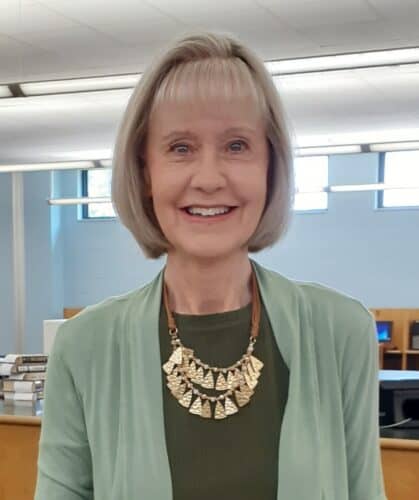
I invite you to join my author friend, Tracy Crump’s monthly newsletter for caregivers. Here’s her information.
Caregiver’s Corner shares short stories of joys and heartaches along with tips now and then to help you survive this season and even make sweet memories. Together, we’ll cheer and encourage each other through the caregiving journey.
Link to subscribe to Tracy’s blog
Tracy Crump knows from experience the burdens caregivers shoulder after caring for both her parents and her 100-year-old mother-in-law. A former ICU nurse, Tracy dispenses hope in her award-winning book, Health, Healing, and Wholeness: Devotions of Hope in the Midst of Illness Twenty-two of her stories have appeared in Chicken Soup for the Soul books, and she has published hundreds of devotions, articles, and short stories in diverse publications such as Guideposts books, Focus on the Family, Woman’s World, and Ideals.
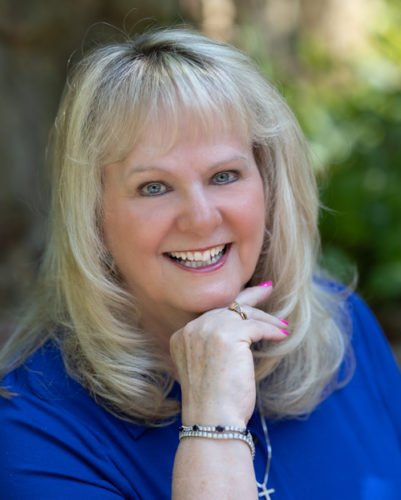
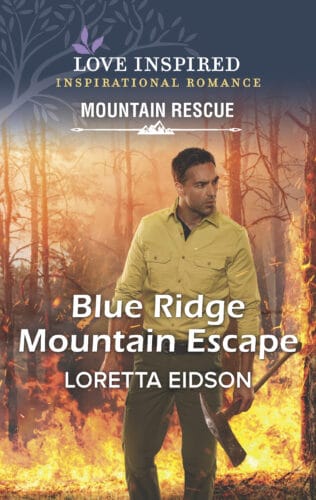







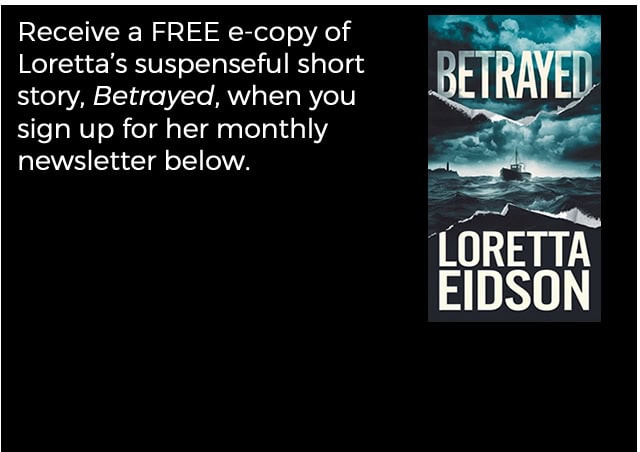
My Dad went to his heavenly home ahead of my Mom. Mom refused to leave their home. I’d always told folks that my “job” was taking care of my parents that it didn’t pay very well but the long lasting benefits were priceless. To help Mom through her difficult time, I went there every day. We lived 35 miles away, but I was there in time to get her up and fix her breakfast. Tending to chores, running errands and fixing meals because our way of life. After fixing her supper and cleaning up, I’d head home to take care of our home, errands and fixing supper for hubby and I.
I’d asked a neighbor who was younger than Mom but a frequent visitor, to keep an eye on Mom, to let me know if she noticed anything or felt there was something I needed to know. However, it wasn’t until after Mom had cancer surgery coming to our home to recuperate and agreeing that living there wasn’t so bad meaning we could finally sell her home making it easier on me, that we found out some of Mom’s “hidden” events. Seems she had spells of retreating within herself like when this neighbor would visit evening after I went home and Mom didn’t talk but listened meaning the neighbor got to where she didn’t stay long and went home. After finally learning this, I thought back and thought to myself – yes I had been doing most of the talking when someone stopped by during the daytime but hadn’t really noticed it until it was pointed out. All first signs of the Alzheimer that was fast taking hold of Mom.
Guess all this leads to my saying that some times a caregiver needs opinions of someone not so close to the situation in order to see things clearly. I was so use to being with Mom and the changes so insignificantly small that I wasn’t see them whereas someone that say in a week or more apart they were very noticeable. If someone asks for help or even if they don’t but you notice something, please speak up even if a gently way starting off with do you mind if I tell you something I noticed. I know I sure would have. When I asked why she hadn’t said something to me like I asked, her reply was she didn’t want to hurt Mom’s feelings, which only left me sad because it might have meant earlier diagnosis and many questionable moments we had.
Oh my, Kay. I’m sure driving that distance, staying all day, and driving home were challenging. I get it. My mom left us first after she lost her battle with Alzheimer’s. Dad wanted to maintain his freedom, and I get that. He was across town, but not 35 miles, which was difficult since my husband’s health had also declined. Outsiders’ views help us focus better on additional issues we cannot see daily. Thank you for sharing.
Great post, Loretta. Sometimes it’s hard not to overstep boundaries when we care so much for someone. But we have to respect their wishes.
That is so true, Beth. It was tough. We wanted to care for him more than he allowed, but we had to respect his wishes.
These are great posts. I was my mother’s caregiver for three years, and really, I provided most of her support for a lot longer than that. One of my biggest takeaways is that you have to plan ahead for old age. If you don’t die young, you will get old. And I never (never!) want to put someone else through what my mother put me through due to her lack of planning. When I am old, I do not want to live in my own home or even live independently. I want to live in a community with medical care, social activities, and other support nearby. I want lots of people around so maybe someone will notice if I need extra help or appear to be in decline. I would add here that if COVID hadn’t been in full swing, I’d have borrowed whatever was needed to put my mother in a residential unit. Caregiving day and night while working full-time and trying to parent a teenager with a raft of his own issues was an absolutely brutal experience. I could have provided much better care for her if I hadn’t had to do it all. Caring for your parent doesn’t have to mean you do everything or let them take advantage of you. Sorry… still processing all this even more than a year after she died.
I get it, Holland. Looking at all my family has been through puts a whole new perspective on growing old and caregiving needs. I agree. I don’t want to burden my family when I’m in need of a caregiver, even though I know they love me and say they want to take care of me. The responsibilities are huge and heap a mountain of stress on the caregiver. Finding proper help in the home is difficult, but locating a facility is expensive. I also agree that caring for your parent or any other patient doesn’t mean we have to let them take advantage of us. Thank you for sharing.